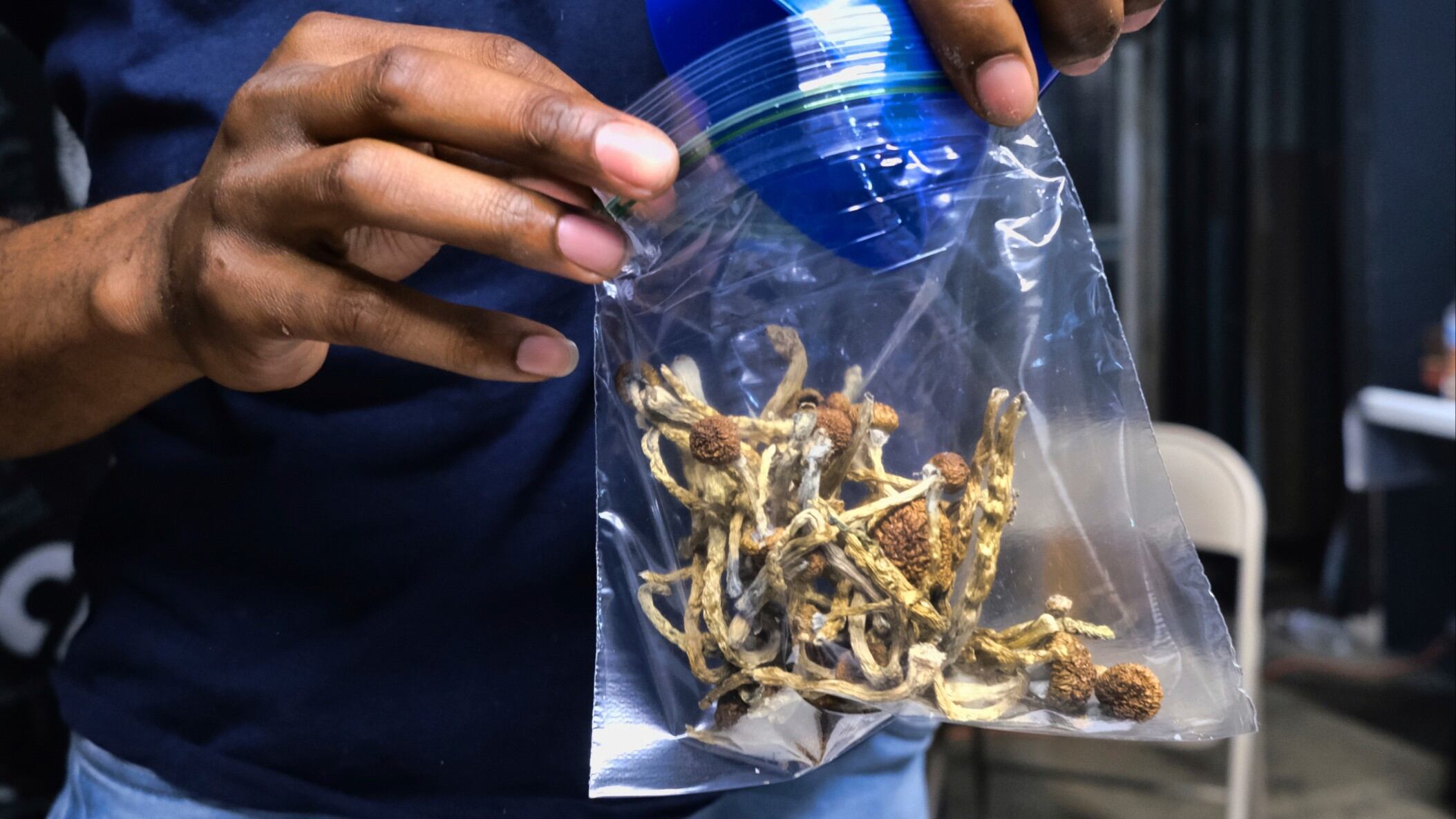Minneapolis is backing away from enforcing laws that criminalize buying psychedelic plants or using them in private.
Mayor Jacob Frey on Friday ordered police to stop using taxpayer dollars to enforce most laws against hallucinogenic plants. Minneapolis still prioritizes enforcing laws against selling psychedelic plants, bringing them to schools or using them while driving.
Minneapolis Police Chief Brian O’Hara in a statement said he stands by the mayor's decision.
Announcing the order, Frey cited the potential for hallucinogenic plants to treat mental illnesses including depression and post-traumatic stress disorder.
“Experts are telling us that these plants help people, and that’s the business we should be in – helping people,” Frey said in a statement. “With a rise in deaths of despair in our city, and in our society, the data is showing that these plants can help be a remedy.”
Some researchers believe psilocybin, the compound in psychedelic mushrooms, changes the way the brain organizes itself and can help users overcome things like depression, alcoholism and post-traumatic stress disorder. A drug that’s related to the anesthetic ketamine was cleared by the FDA to help people with hard-to-treat depression.
But medical experts caution that more research is needed on the drugs’ efficacy and the extent of the risks of psychedelics, which can cause hallucinations.
The American Psychiatric Association has not endorsed the use of psychedelics in treatment, noting the Food and Drug Administration has yet to offer a final determination. The FDA designated psilocybin as a “breakthrough therapy” in 2018, a label that’s designed to speed the development and review of drugs to treat a serious condition. MDMA, also known as ecstasy, also has that designation for PTSD treatment.
The FDA in June released draft guidance for researchers designing clinical trials testing psychedelic drugs as potential treatments for a variety of medical conditions. The Biden administration has also provided to the National Institutes of Health and other agencies funding for dozens of projects studying psychedelic drugs with potential benefit for mental and behavioral health.
Earlier this year, Oregon became the first state in the nation to legalize the adult use of psilocybin. Colorado’s voters last year voted to decriminalize psilocybin.
Denver was the first city to decriminalize personal possession and consumption of psilocybin in 2019.
A Minneapolis-based organization that advocates for immigrant rights and criminal-justice reform touted the mayor's order.
“This is an important first step to undo all the harms inflicted from the war on people who use drugs, which was created to target brown and Black peoples,” DecriMN Coalition founding member Jessica Nielson said in a statement. “These natural medicines and their use by Indigenous peoples predate any of these laws."













